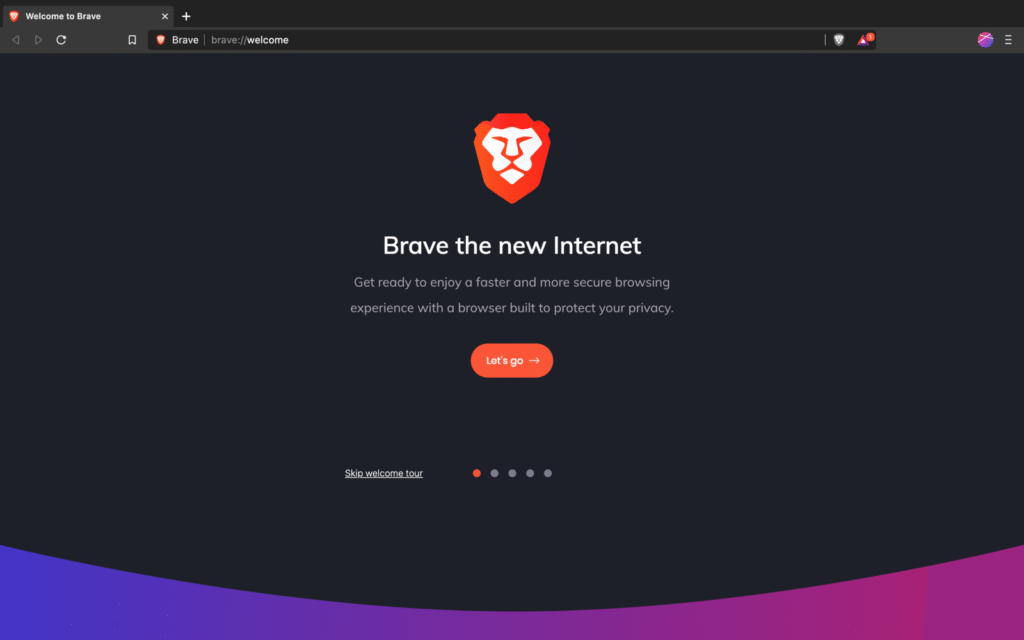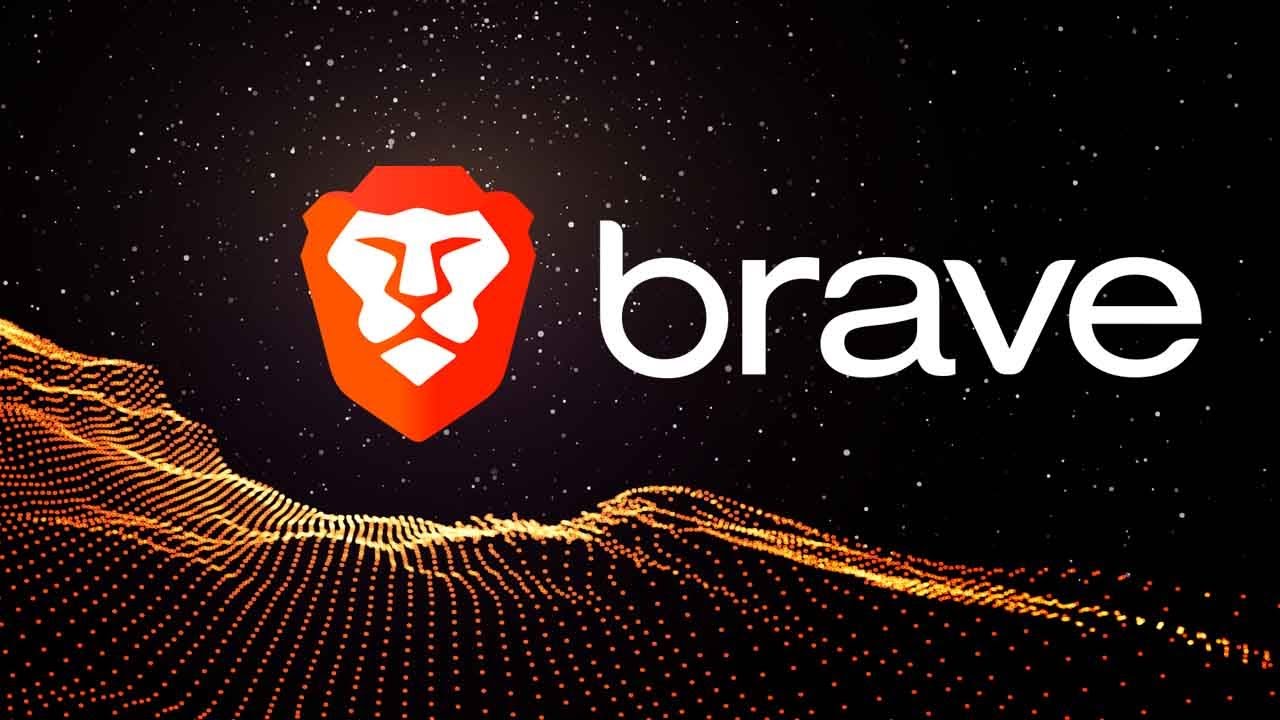A growing act of web users is ditching Google’s new AI Overviews for the cleaner, more restricted plan of attack offered by Brave. Google restfully inserted AI-generated summaries at the top of lookup results, but secluded—self-conscious users and web browser veterans are flooding to Brave browser, eager to escape AI trespass.
Why People Are Making the Switch to Brave
A grieved commentator distributed on Reddit that Brave’s AI summaries are just mediocre. With clear sources and no handling, the summaries boost trust. On the flip side, Google’s AI often shows transcribed snippets and overshadows the links that point to seminal articles. Reddit users summed it up like this: they “hate” Google’s AI clit and favor powerfully authored results from Brave’s lookup locomotive.
Brave Provides Clarity and Choice

Brave’s AI Summarizer isn’t involuntary; you can turn it on or off at any time. It compiles data from different sources and forever includes citations so you know where the info comes from. And since Brave Search uses an autarkical web index, not Google’s, it sidesteps recursive bias and delivers less littered, more material answers.
Too Much Control? That’s the Point
Users have detected that disabling Brave’s AI features requires toggling two settings. But they don’t mind because once it’s switched off, it cuts off. Equate that to Google, where users must use workarounds or web browser hacks just to avoid AI Overviews.
While Chrome still commands over two-thirds of the web browser grocery store, Brave’s rise is based on a seclusion-first, user-restricted lookup that shows users are not looking for AI features all the time. Sometimes they just want their web browser to be a panduriform web browser. AI features are not elective in Chromium-plate; they are baked in. Brave offers a superior exemption, and that exemption is drawing users.




